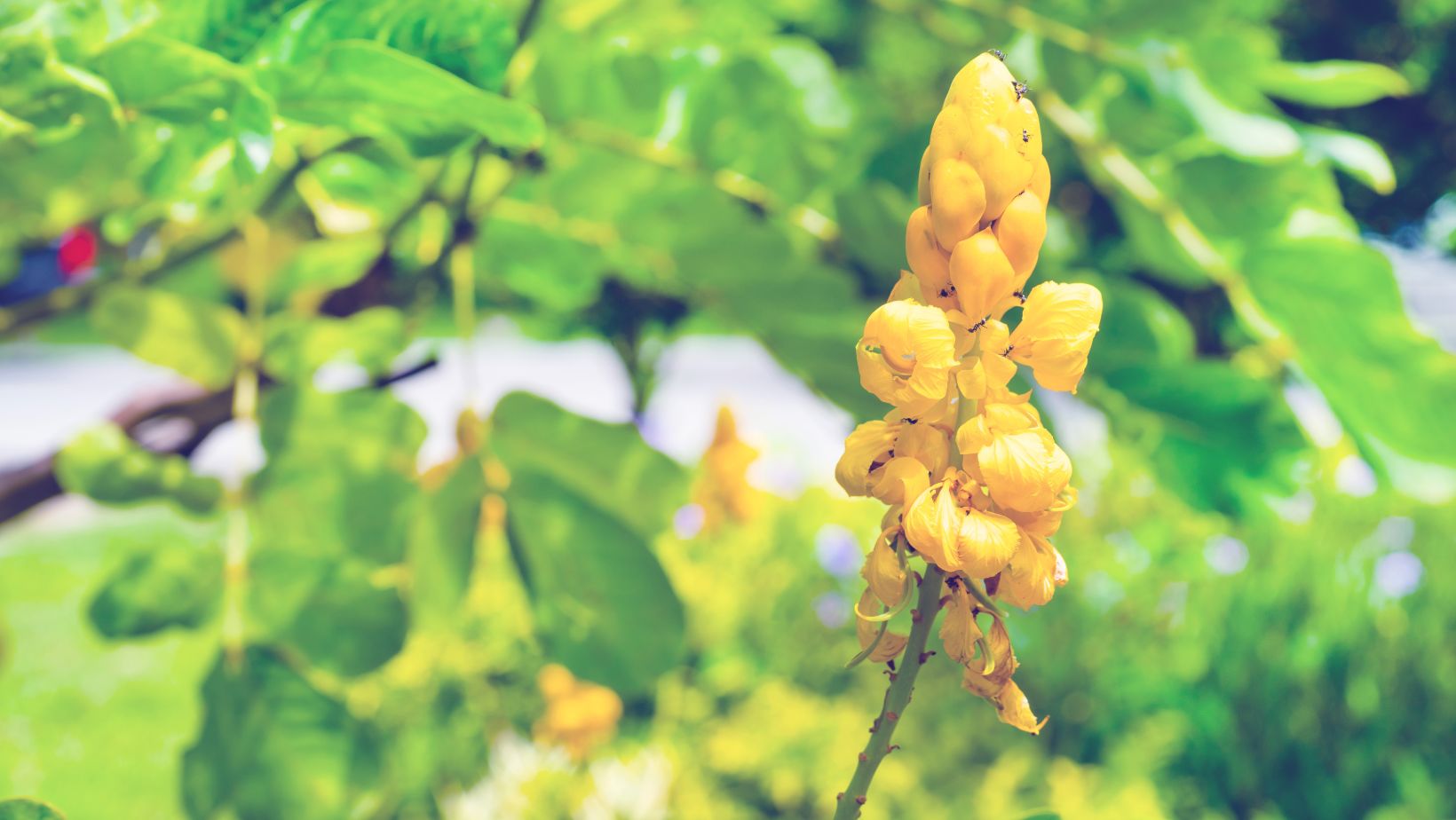5 Rules of Composting for Beginners: Turning Kitchen Scraps into Garden Gold
Composting is a magical alchemy that transforms everyday kitchen waste into nutrient-rich, black gold for your garden. Whether you’re a seasoned gardener or just starting your green journey, composting is a sustainable practice that reduces waste and enhances soil health. If you’re new to composting, fear not! Here are five simple rules to get you started on the path to successful composting:
1. Know What to Compost:
Do Compost:
- Fruit and vegetable scraps
- Coffee grounds and tea bags
- Eggshells
- Yard trimmings (grass clippings, leaves, small branches)
- Shredded paper and cardboard
- Plant-based kitchen waste
Don’t Compost:
- Meat, fish, dairy, and bones (they attract pests and can create odors)
- Oily or greasy food waste (they slow down composting and create unpleasant smells)
- Pet waste (it may contain harmful pathogens)
- Diseased plants or weeds with mature seeds (unless your compost pile gets hot enough to kill seeds and pathogens)
2. Balance the Greens and Browns:
A successful compost pile requires a balance between “greens” (nitrogen-rich materials) and “browns” (carbon-rich materials). Greens provide essential nitrogen for composting, while browns provide carbon, which keeps the compost pile aerated.
- Greens: Fruit and vegetable scraps, coffee grounds, and fresh yard trimmings.
- Browns: Shredded paper, cardboard, dried leaves, and straw.
3. Size Matters:
Chop or shred larger materials like kitchen scraps and yard waste to speed up the composting process. Smaller pieces decompose faster, creating a well-balanced compost pile.
4. Turn, Water, and Mix:
Composting is a living process that requires air and moisture to work efficiently. Regularly turn the compost pile with a pitchfork or compost aerator to aerate it and speed up decomposition. Keep the compost pile moist but not soaked; aim for the consistency of a wrung-out sponge. If the compost pile becomes too dry, add water. If it becomes too wet and smelly, add more browns to absorb excess moisture.
5. Patience and Time:
Composting is not an overnight process; it takes time to transform waste into rich compost. Depending on the composting method and conditions, it can take a few months to a year for compost to be ready for use. Be patient, and trust that nature is doing its job. To speed up the process, ensure a good balance of greens and browns, and turn the pile regularly.
Bonus Tip:
Consider using a compost bin or compost tumbler to contain your compost pile and prevent pests from accessing it. These containers also provide a neater and more organized composting area.
Composting is a rewarding and eco-friendly practice that reduces waste, enhances soil fertility, and supports a greener planet. By following these five rules, you’ll be well on your way to successfully composting and creating a thriving garden with the help of nature’s own recycling system. Embrace the composting journey, and watch your kitchen scraps and yard waste transform into a nutrient-rich elixir for your plants. Happy composting!



